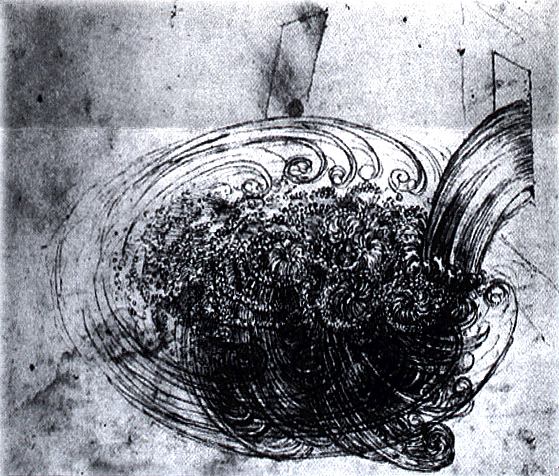
Policy and Grading
Learning Objectives
Video Lectures
Homework
Solutions
Exams
FYFD
NCFMF Films
Attendance and Responsibility
Class attendance is mandatory. If you must miss a class for a legitimate reason please inform me early as possible so that we can plan appropriately and provide you with makeup materials.
Laptop Use
Student laptops may not be open during class unless specifically requested.
Grading Policy
- 50 percent of your grade will be determined by your regular weekly assignments.
- 10 percent for your homework corrections.
- 40 percent of your grade will be determined by the sum of two exams.
Weekly Homework
The best tip we have for doing well in the course is keeping up with the weekly assignments. The best way to do poorly is to not do the work.- Homework will typically be due each Monday, though the dates may change in realtime. Any changes will be announced in class and I will not promise to always update such changes on this website.
- In order to reduce paper flow and keep an accurate record, work will be submitted on via a folder on the public drive. We will announce the location in class. You can use one of the scanners on campus to scan hand work. Submit all work as a PDF file.
- Please write the approximate amount of time that you spent on each assignment so that I may monitor the pace of the class.
- Please acknowledge any collaborators.
Grading procedure
Each lab will be graded twice. It will receive a quick check from the course staff. They will not write detailed comments, but will check for timeliness, completeness, and make sure you put in reasonable effort - even if not everything is correct. They will assign a low resolution grade of "good", "fair", "poor" or "zero". Due to the volume of HW, the course staff will not spend much time with each HW, but will give a quick check. The HW will then be more carefully reviewed and commented on by yourself for the final grade.On the first review, a "good" means that your HW will likely fall in the A-B range and it looks like you put in a solid effort. The "fair" means the HW will likely fall in the C range and while it seems that most things were done, it appears to have a number of mistakes or a few things missing. The "poor" means your lab will probably be below a D and will usually be used for homework that appears to have little effort and many portions incomplete. While a "poor" is not great, it is better than a "Zero" which means you turned nothing in. We will assign a 8.5 pts (B) for good, 7 for fair, 5 for poor, and 0 for zero.
You will correct your own homework. Solutions will be posted online. You will carefully check your own work and figure out where you went wrong. You will mark up your own work clearly using a different color pen than your original work - or annotated on the scanned PDF. You should grade each problem according to the following guidelines.
- 10. Perfect (or damn close). Correct answer, clear solution. (A)
- 9 Great. Mostly correct answer - but perhaps a few minor mistake(s). (A-)
- 8 Good. Solid answer. Reasoning and problem setup is correct, but a mistake (more than something simple) along the way. (B)
- 7 OK. Good effort. Reasoning is mostly correct, but something is really missing in setup.(C)
- 6 Fair. Some effort. Reasoning is kind of correct, but something significant is missing.(D)
- 4 Wrong. Weak effort and very wrong. (F)
- 0 Missing. Did not do it.
Time Spent
I expect that you should spend about 12 hours per week on this class. That includes class time. Outside of class you should be spending approximately 9 hours per week. Even if I hit this target precisely that means some of you will spend a little more than this, some a little less. I can't do anything about that - that's just statistics. However, some weeks I may just miscalculate and assign too much. If it seems to be taking too long and you notice your friends are also spending a lot of time - just tell me. Don't come to class, upset and sleep deprived and yell at me because you spent 23 hours working on an assignment. Tell me well before you hit the 23 hour mark. Also, for some of you it may be that everyone else is finishing in a reasonable time but it is taking you too long. If this is the case, come talk to me.Ninjas
Nick Eyre and Chris Joyce.Collaboration Policy
You are encouraged to work with others, but please turn in your own work. Please write the names of people you collaborate with on each of the assignments that you turn in. It is expected that anything you turn in, you could replicate the result or explain what each step is.
Sept 2014.